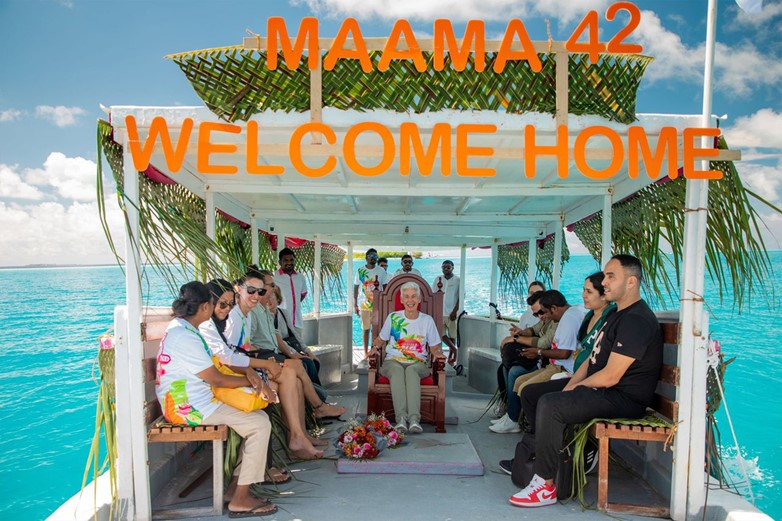In celebration of its re-opening on 01 December 2020, Centara Grand Island Resort & Spa is offering exclusive packages with validity for bookings made before 30th November 2020, with full flexibility, where guests can modify or cancel their bookings at any time.
The offers apply for stay dates from 1st December 2020 – 30th April 2021 when booked directly at https://www.centarahotelsresorts.com/centaragrand/cirm/. Travellers should make reservations before 30th November 2020 as well.
The resort will soon launch a competition on their social media, in addition to the promotions. In order to win the competition will require some creative thinking by those entering. So, keep an eye on their Facebook and Instagram accounts. Additional surprises to celebrate the resort’s re-opening are as follows:
- Choice of Welcome amenities from our Welcome Menu (selection based on length of stay)
- Early check-in and late check-out (subject to availability)
- Special In-House Discounts for Club Access, Dining Experiences and Spa Packages
Centara Grand Island Resort & Spa will also unveil their new and affordable booking plan options for guests searching for an idyllic tropical escape. The newly designed booking plans, with a focus on money-saving, will range from Bed and Breakfast to Premium All Inclusive. A variety of dining options and a choice of meal plans to suit guests’ every need, for a more unbridled holiday.
They have implemented a program called the Centara Complete Care Program. A comprehensive 12-point action plan covering social distancing, health, hygiene and enhanced sanitisation across the entire guest journey, as well as extensive training, accreditation & monitoring.
The process and operations are overseen in partnership with Swiss international firm SGS. Which is the world’s leading inspection, verification, testing and certification company. Besides, Centara has created new dedicated Hygiene Manager positions across the group, appointed to monitor, record and implement all changes.
Also read: Centara Ras Fushi Resort & Spa to Welcome Back Guests from 1st November 2020
Maintaining the guests and team safety, health and well-being remain Centara Island Resort & Spa’s primary goal. They developed guidelines and protocols Under guidance from the Health Protection Agency (HPA) and The Ministry of Tourism, Republic of Maldives.
Among the rigorous changes is the elimination of self-service buffets at the restaurants. Instead, a la carte dining for breakfast, lunch and dinner, the social distancing of 1.5 metres between tables, as well as increased cleaning and disinfectant schedule for fitness equipment, increased spacing between the sun lounges, which are sanitized between guest usage, and increased frequency in the sanitisation of all public areas, including new hand-wash stations located throughout the resort.
Centara Grand Island Resort & Spa team members have undergone special COVID-19 training. They will always wear accredited face masks, do temperature checks daily for the team and hand sanitisation will be mandatory for all guests and team members.
Within the guest room, the guests will be provided with hand sanitizer upon arrival. The guests must wear a face mask in enclosed spaces where physical distancing is not possible. The team are provided with Nano Fabric facemasks. And the will wear this at all times. Centara designed the resort’s health and safety measures to address a broad spectrum of viruses. Which covers everything from hand-washing hygiene, cleaning product specifications to guest rooms and common area cleaning.







